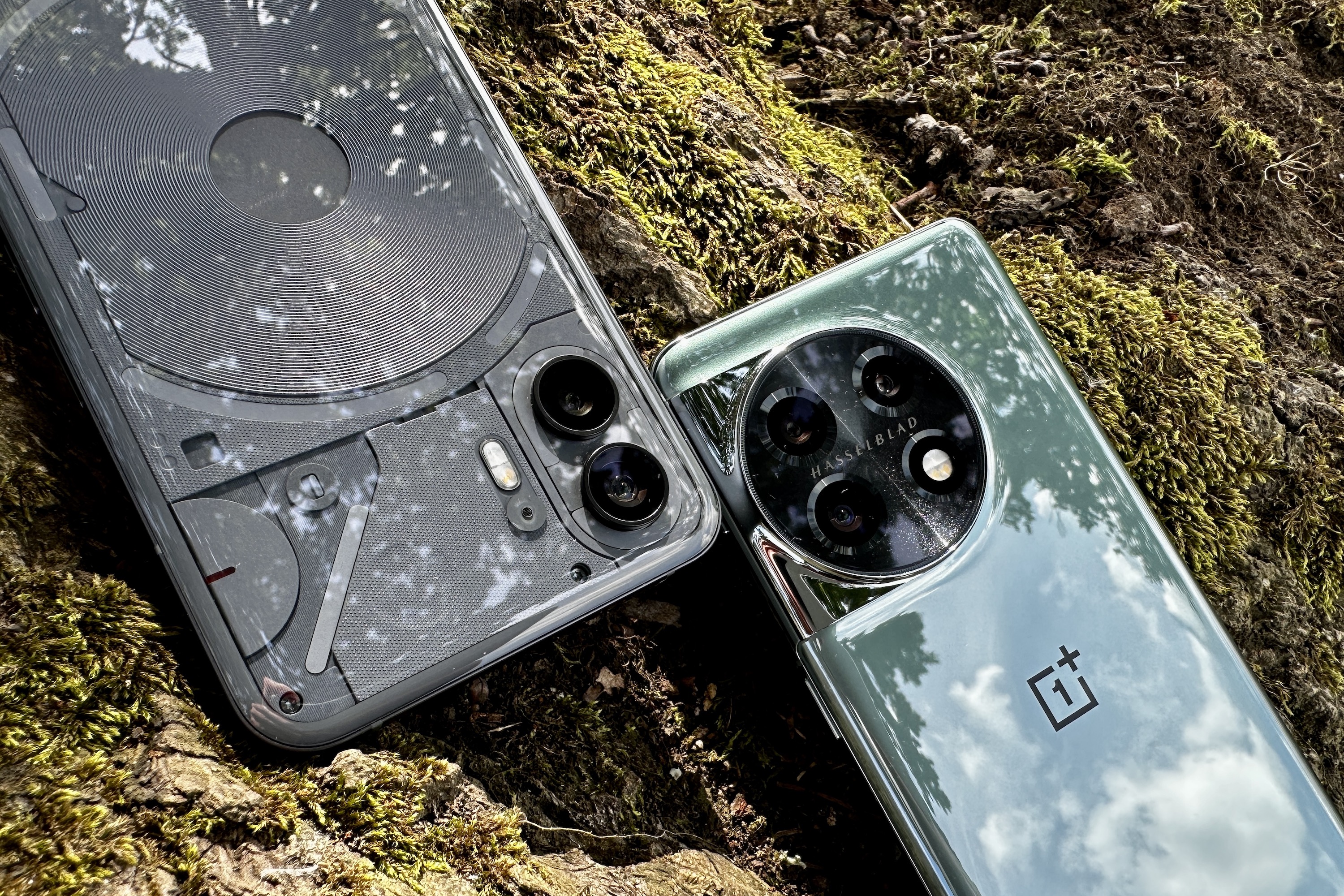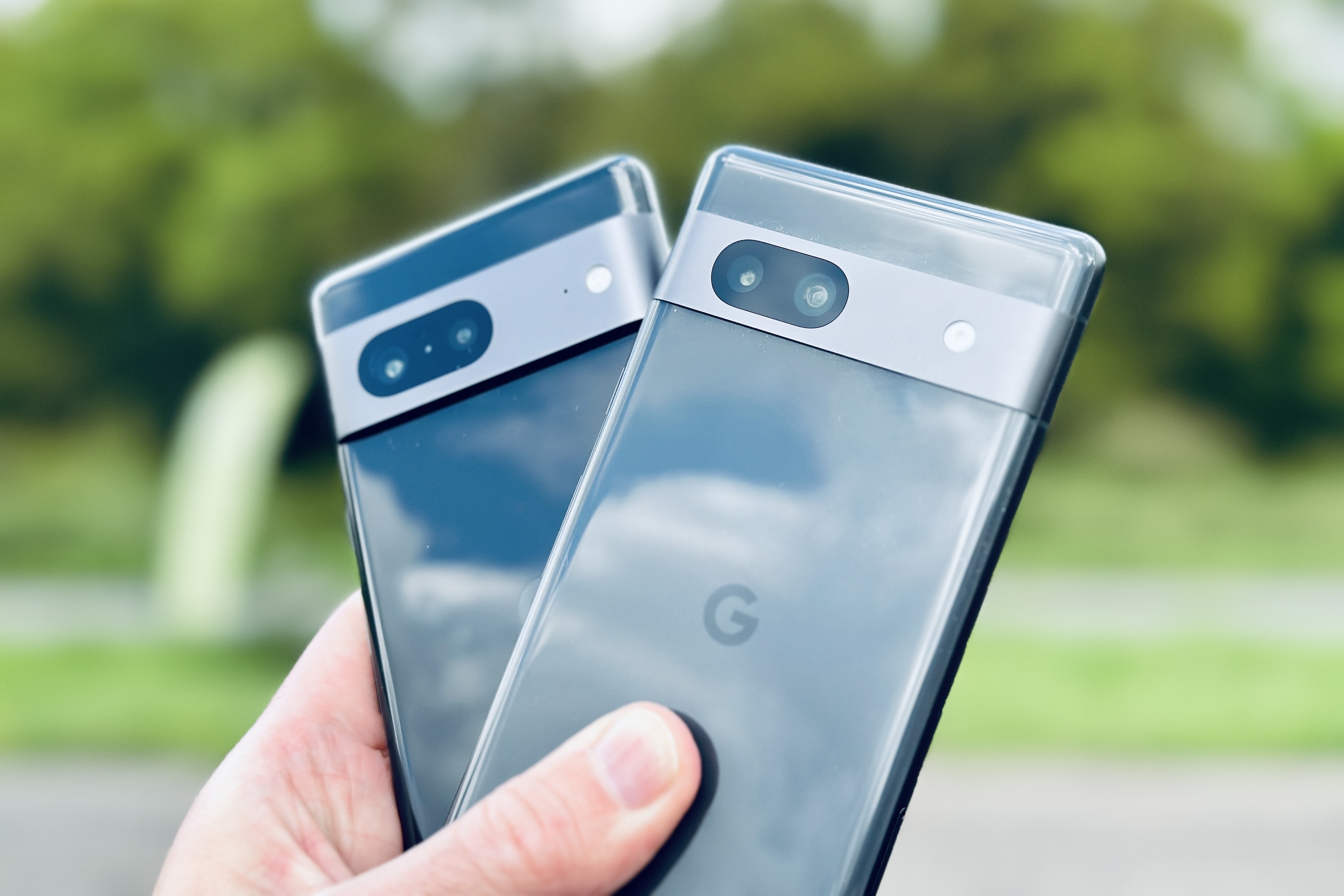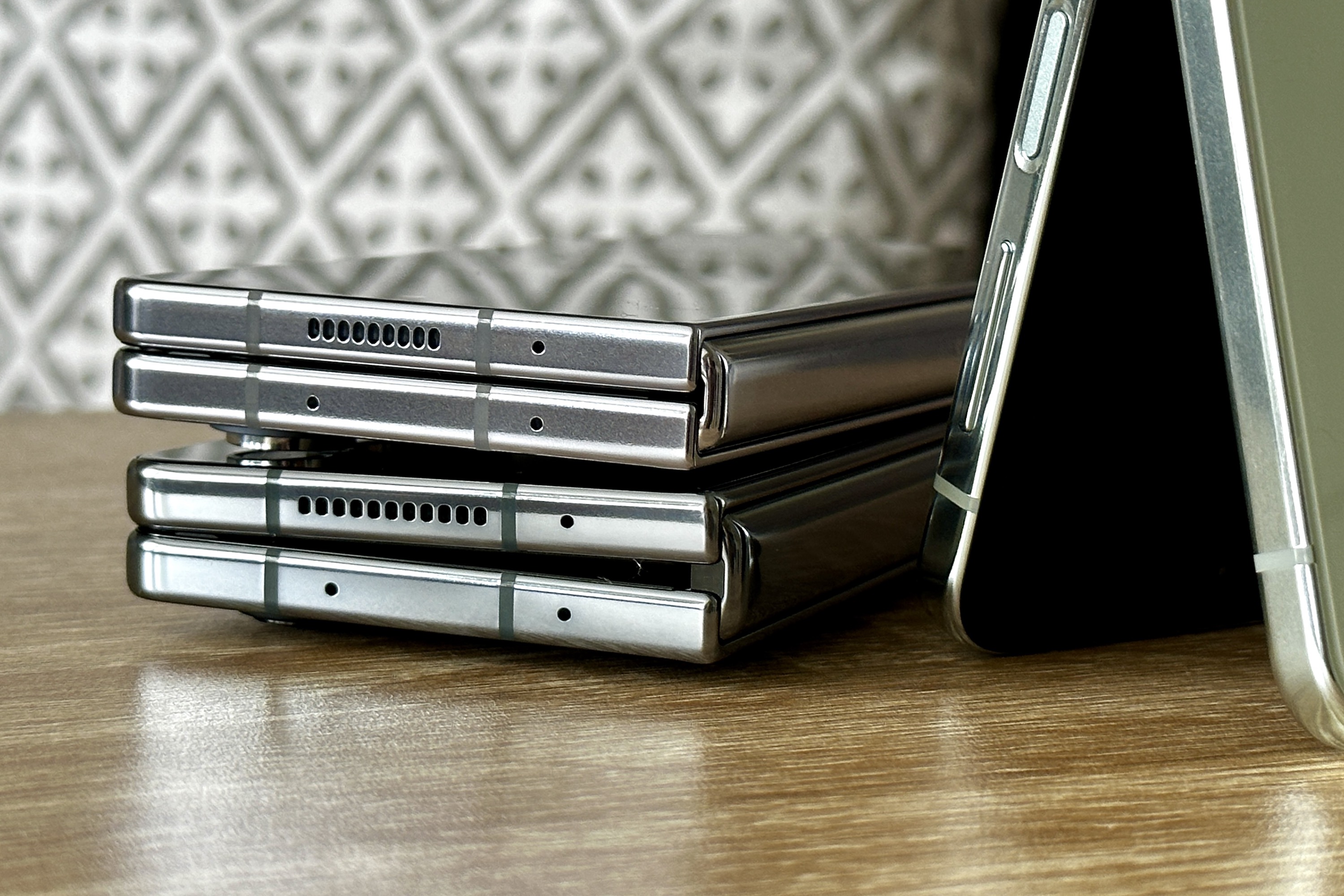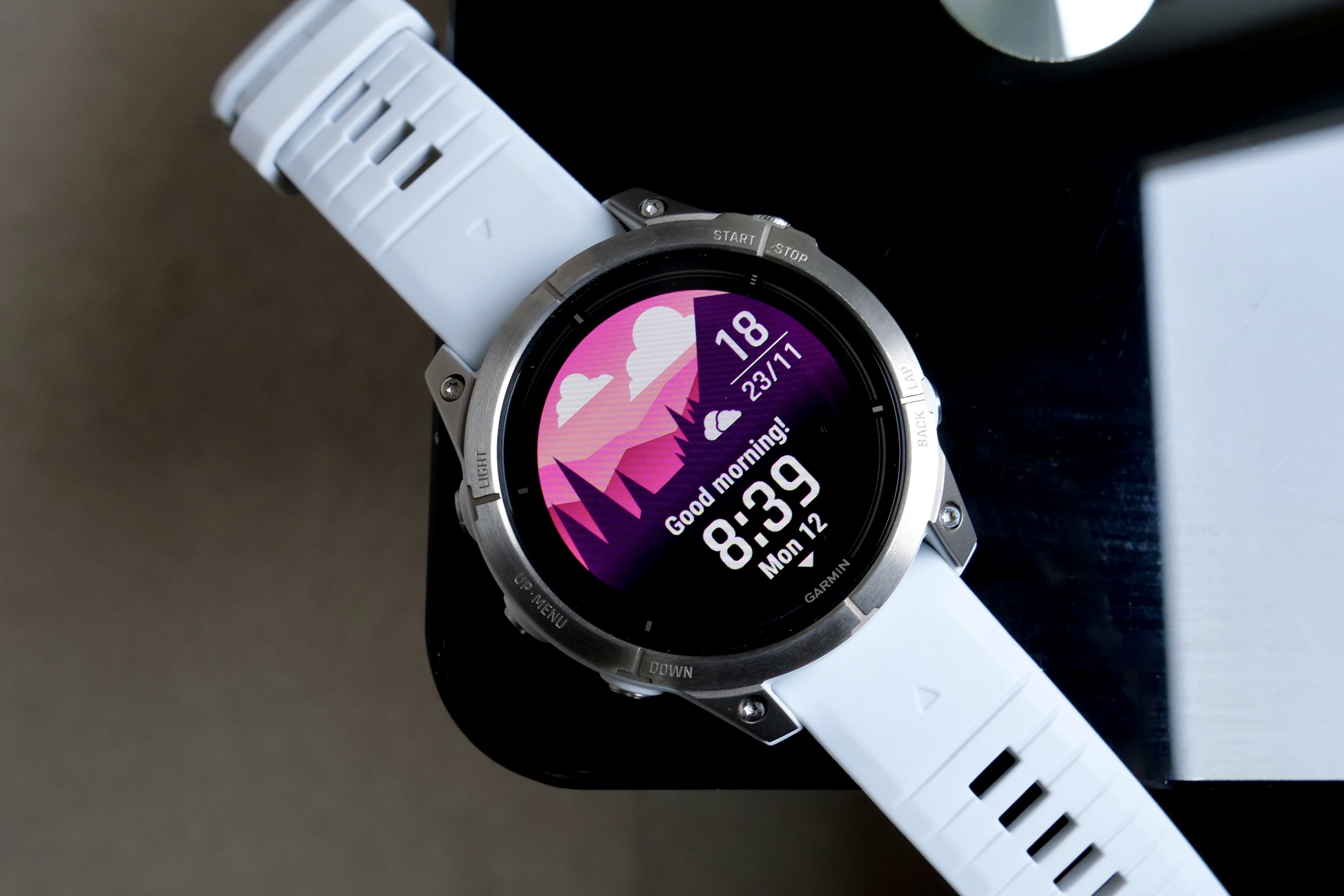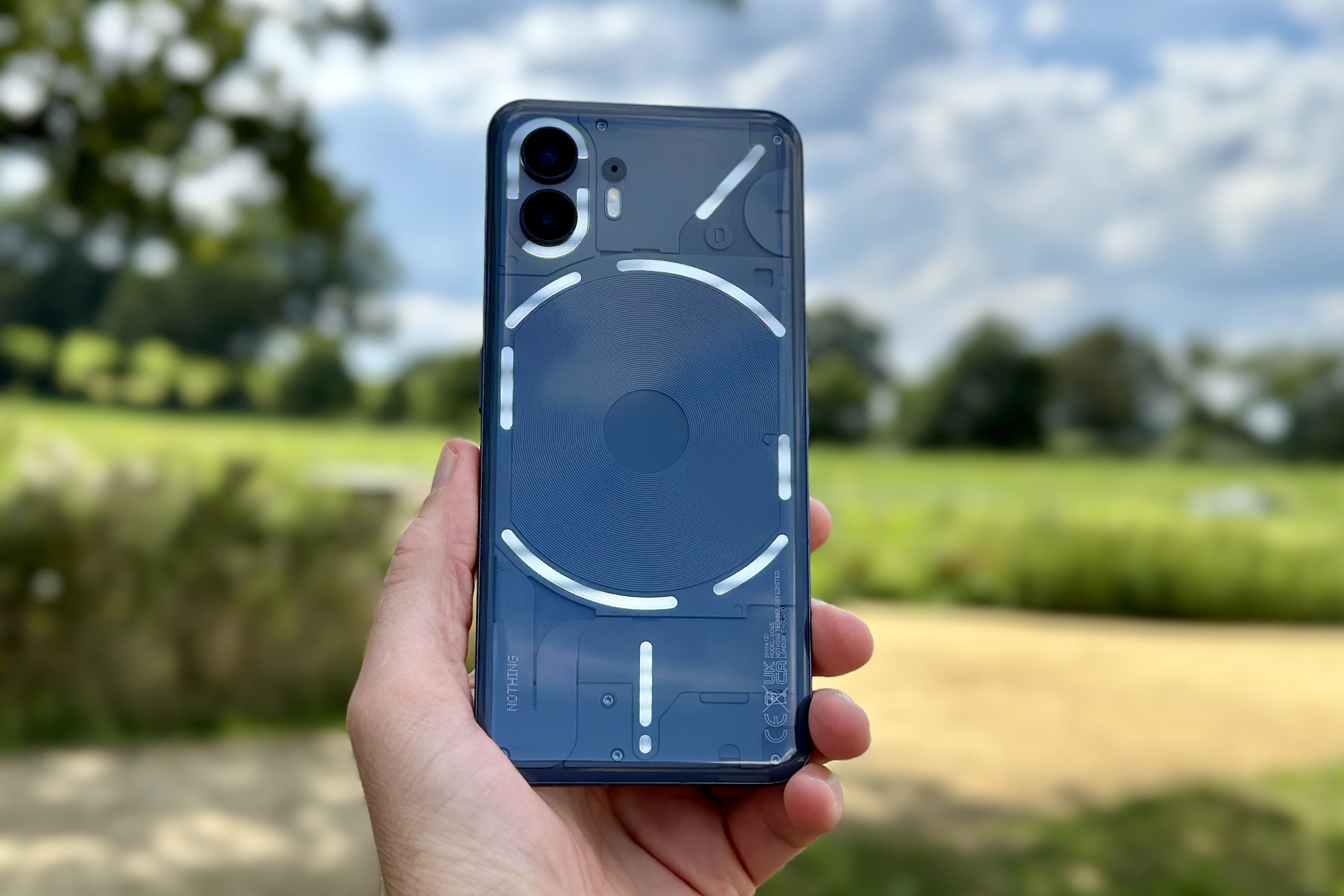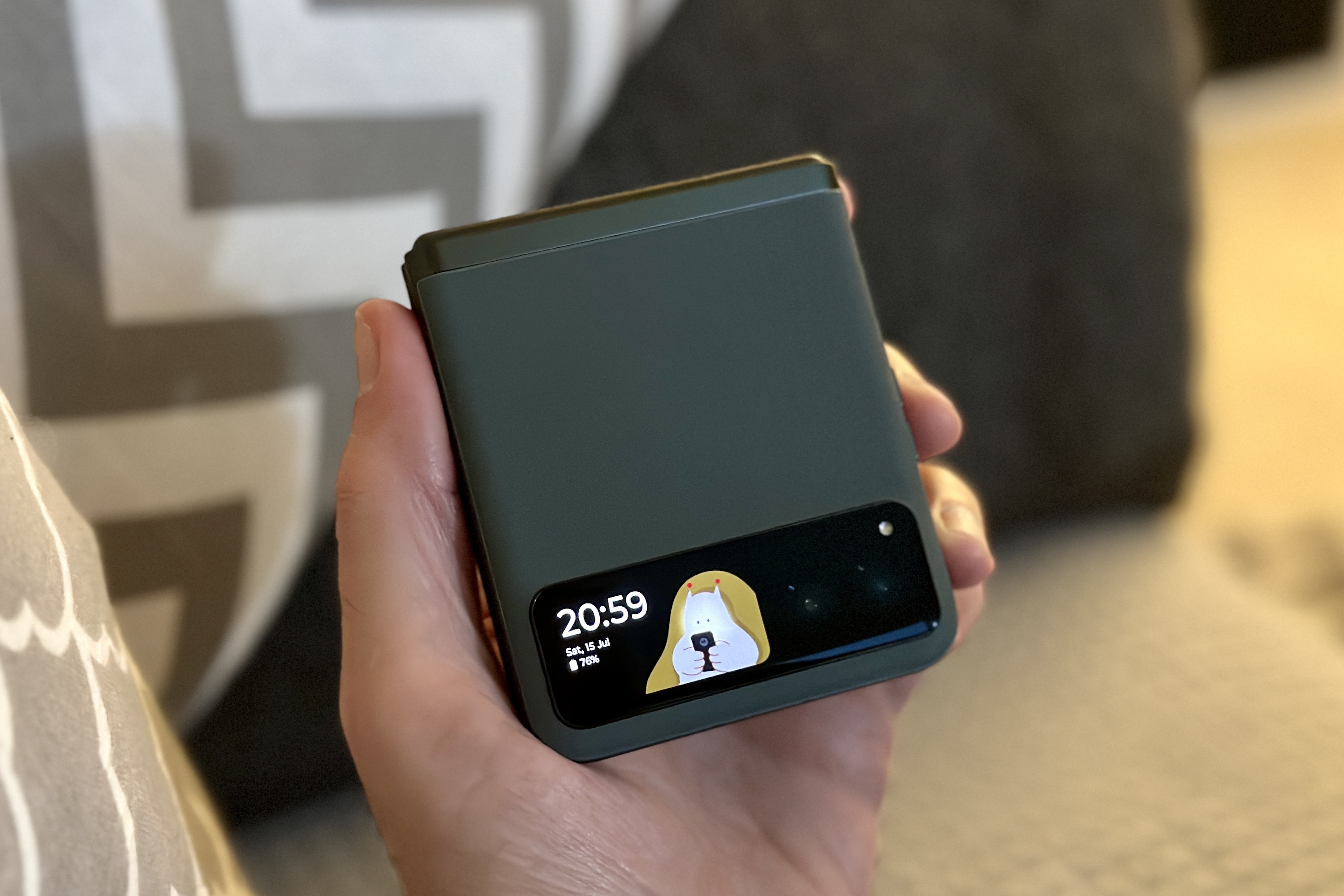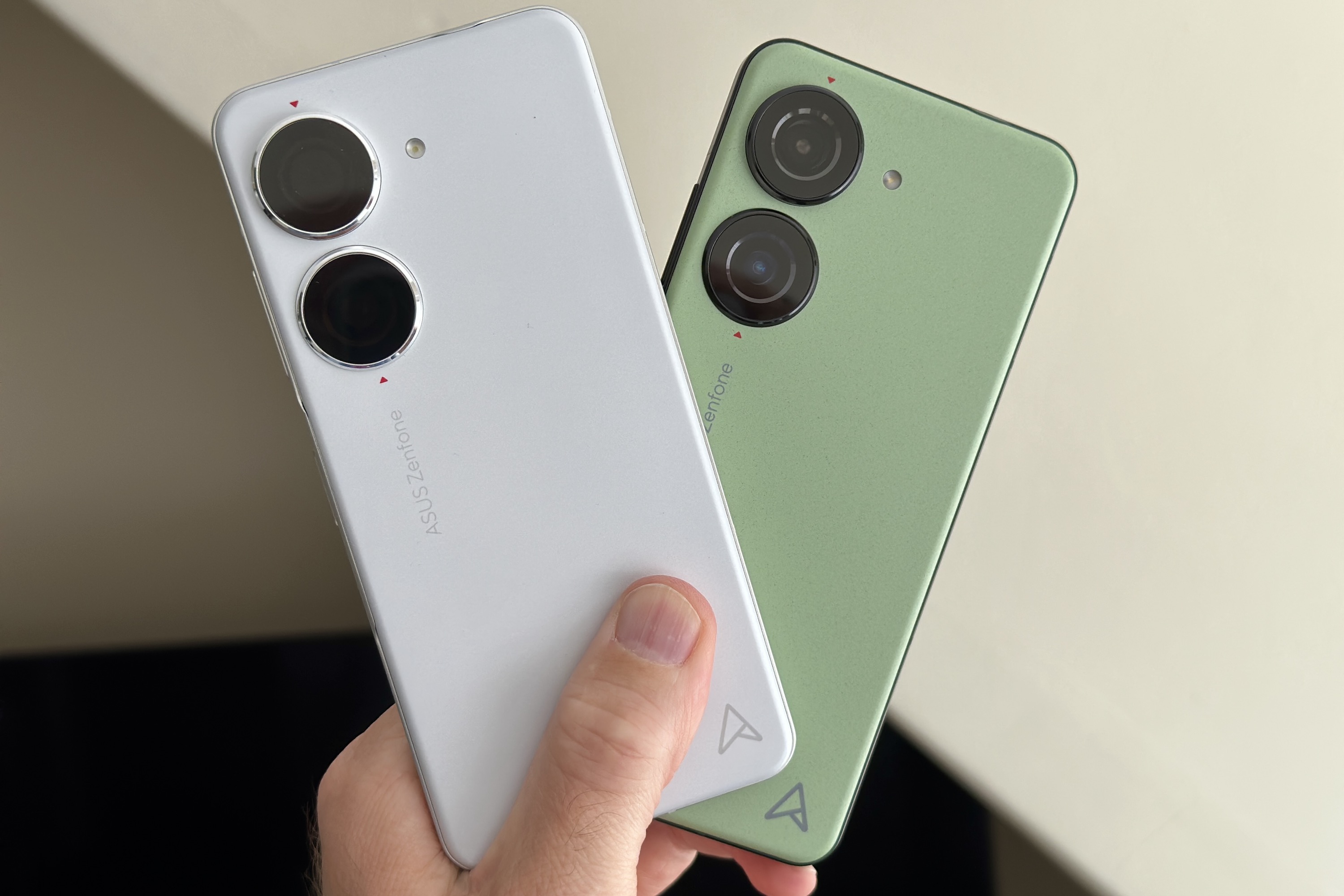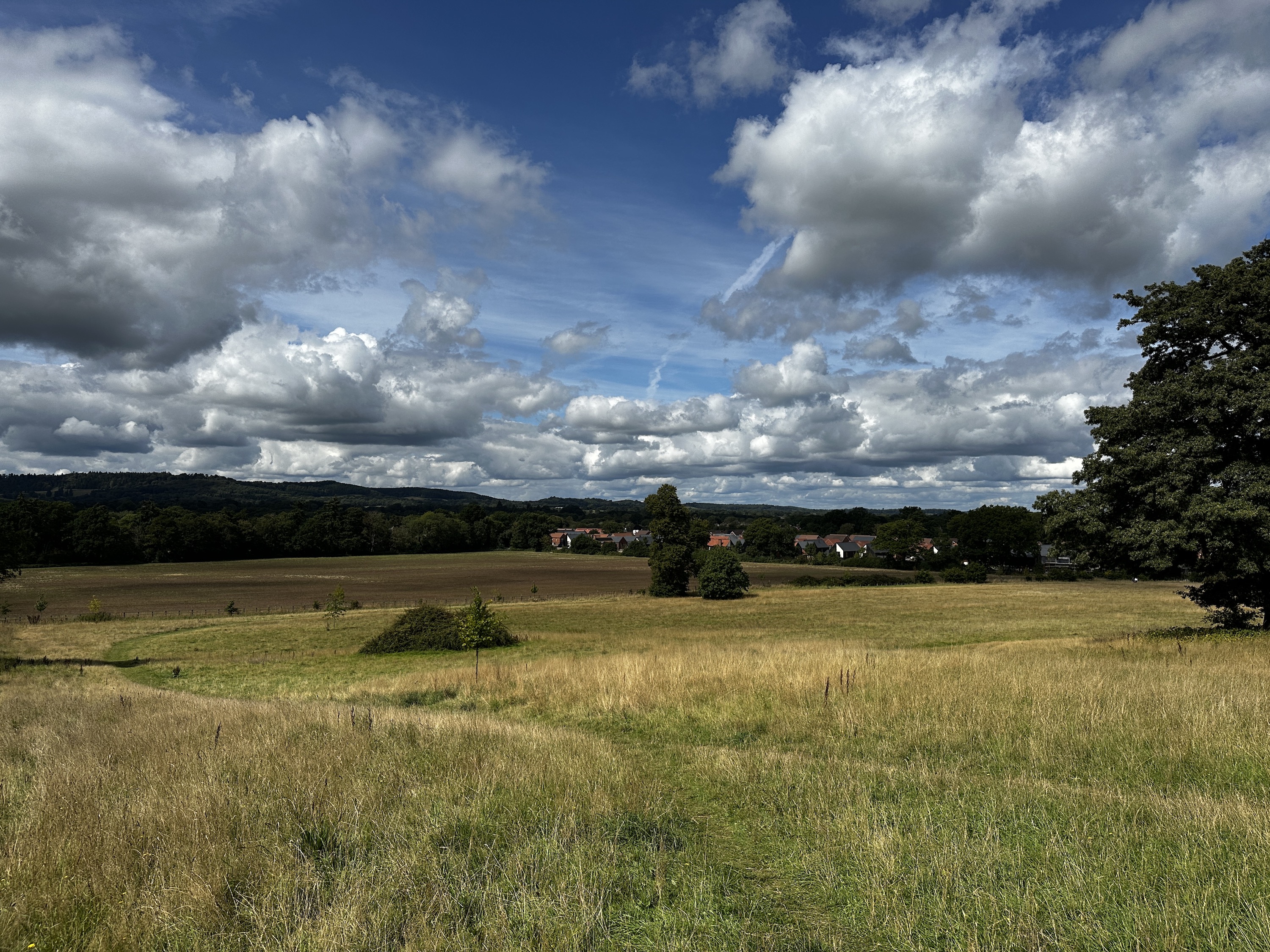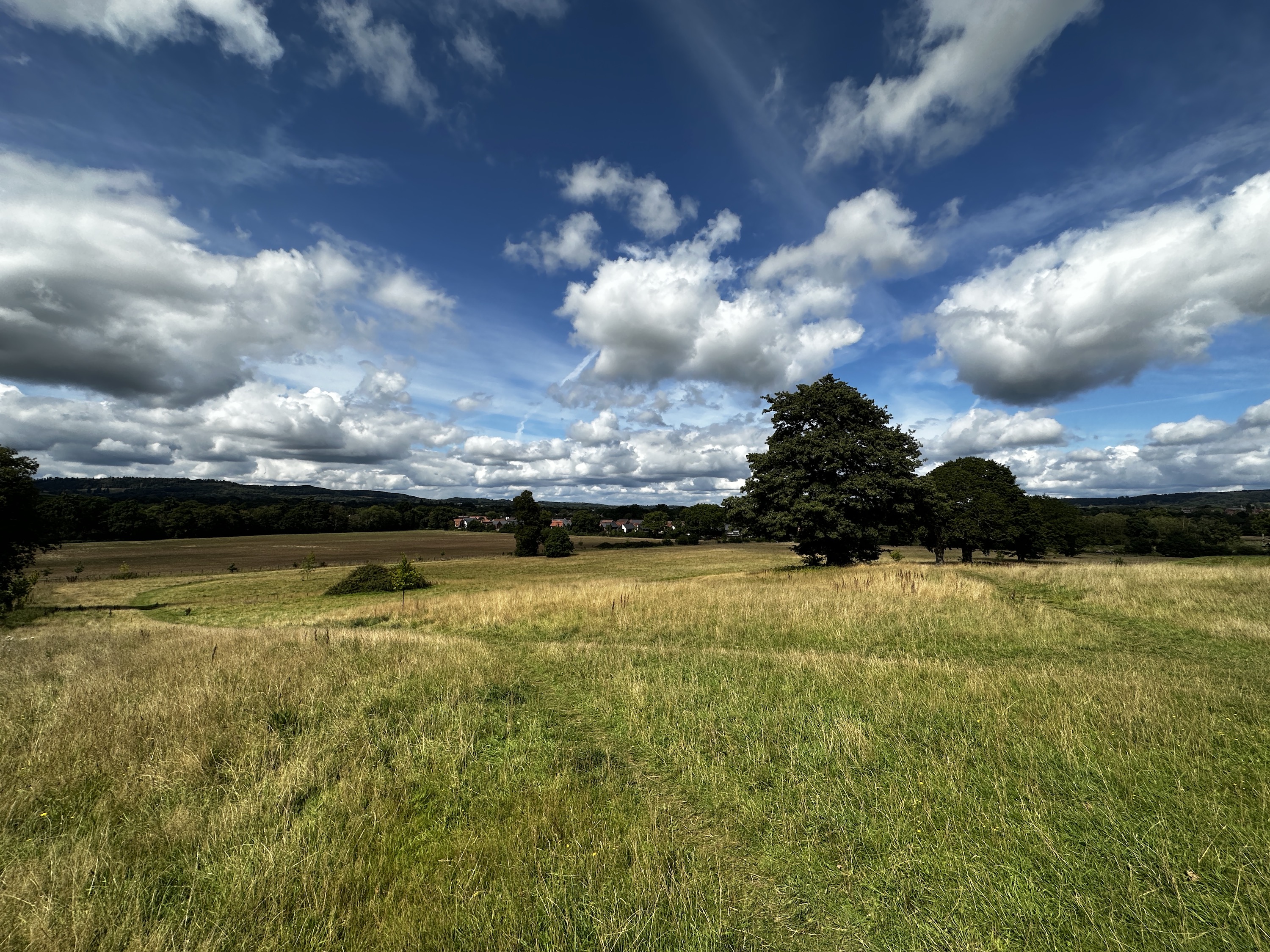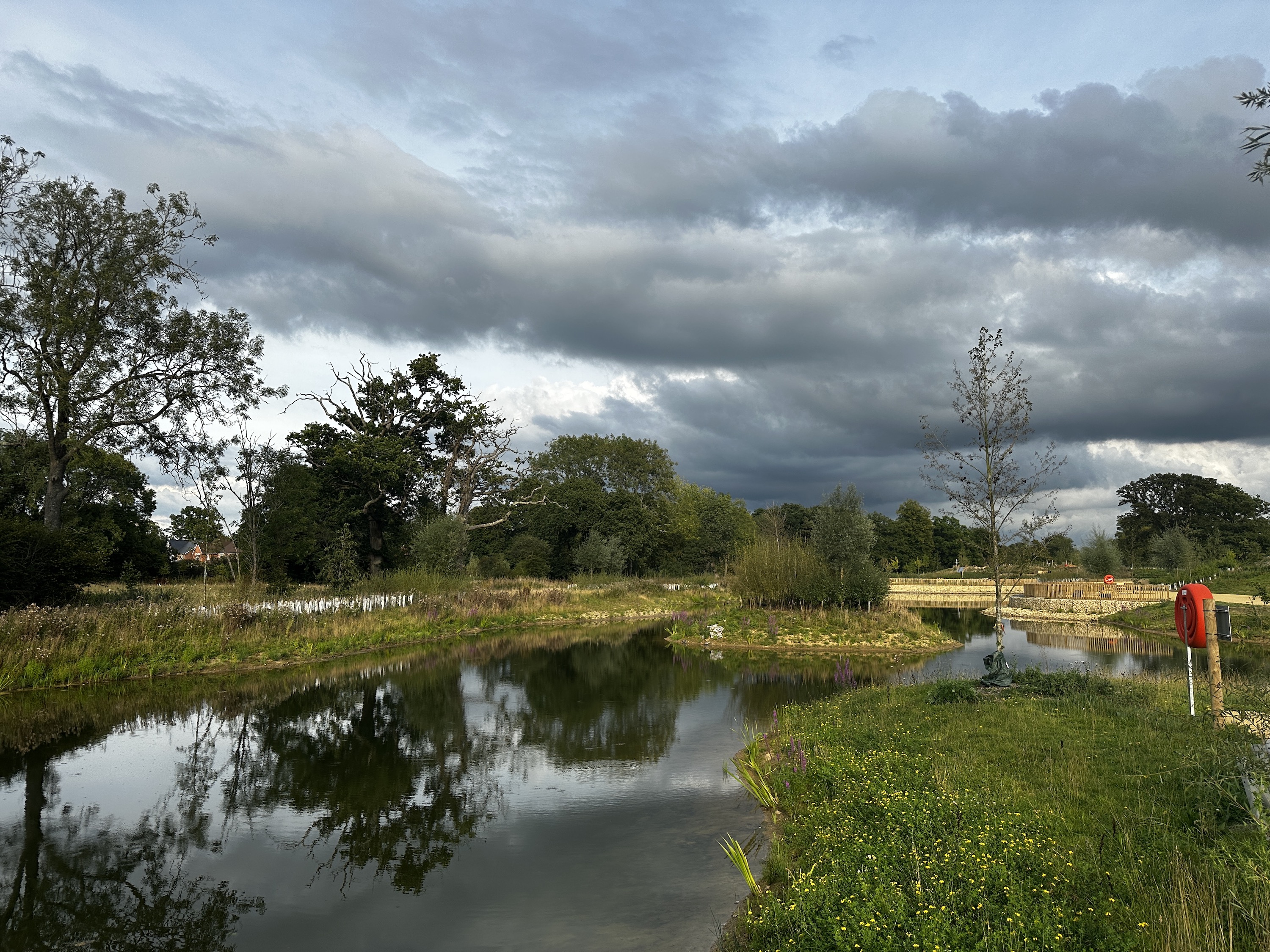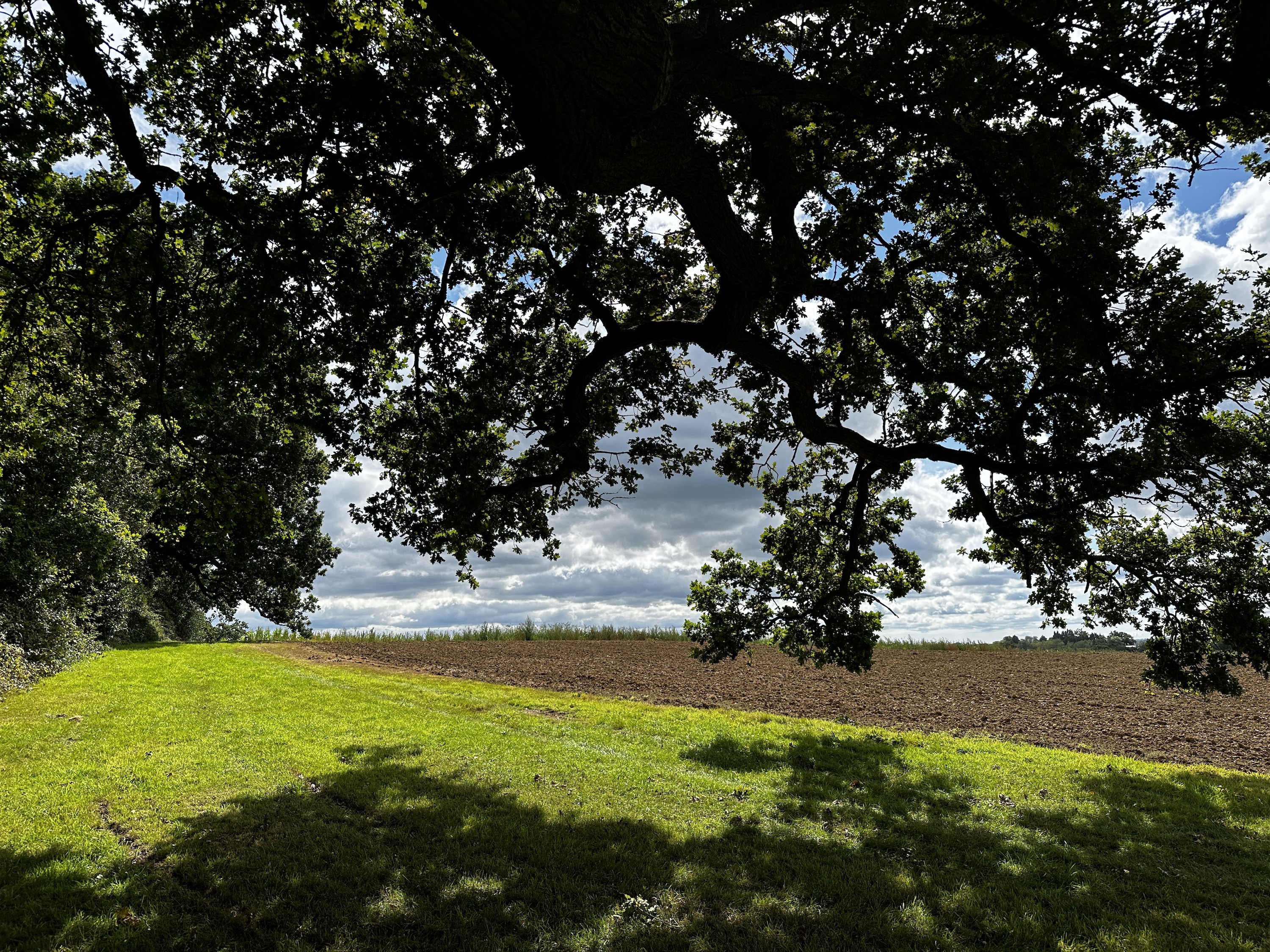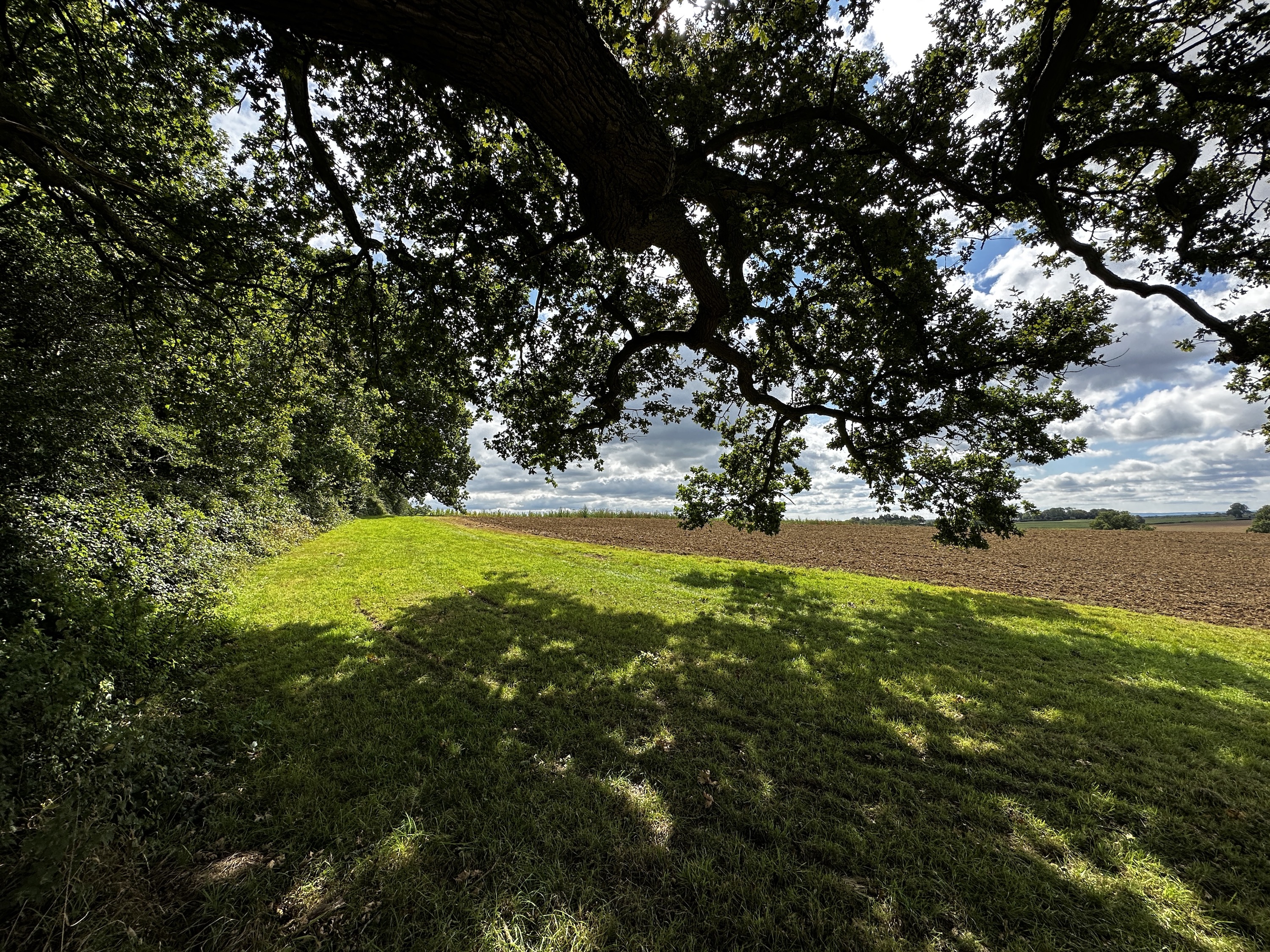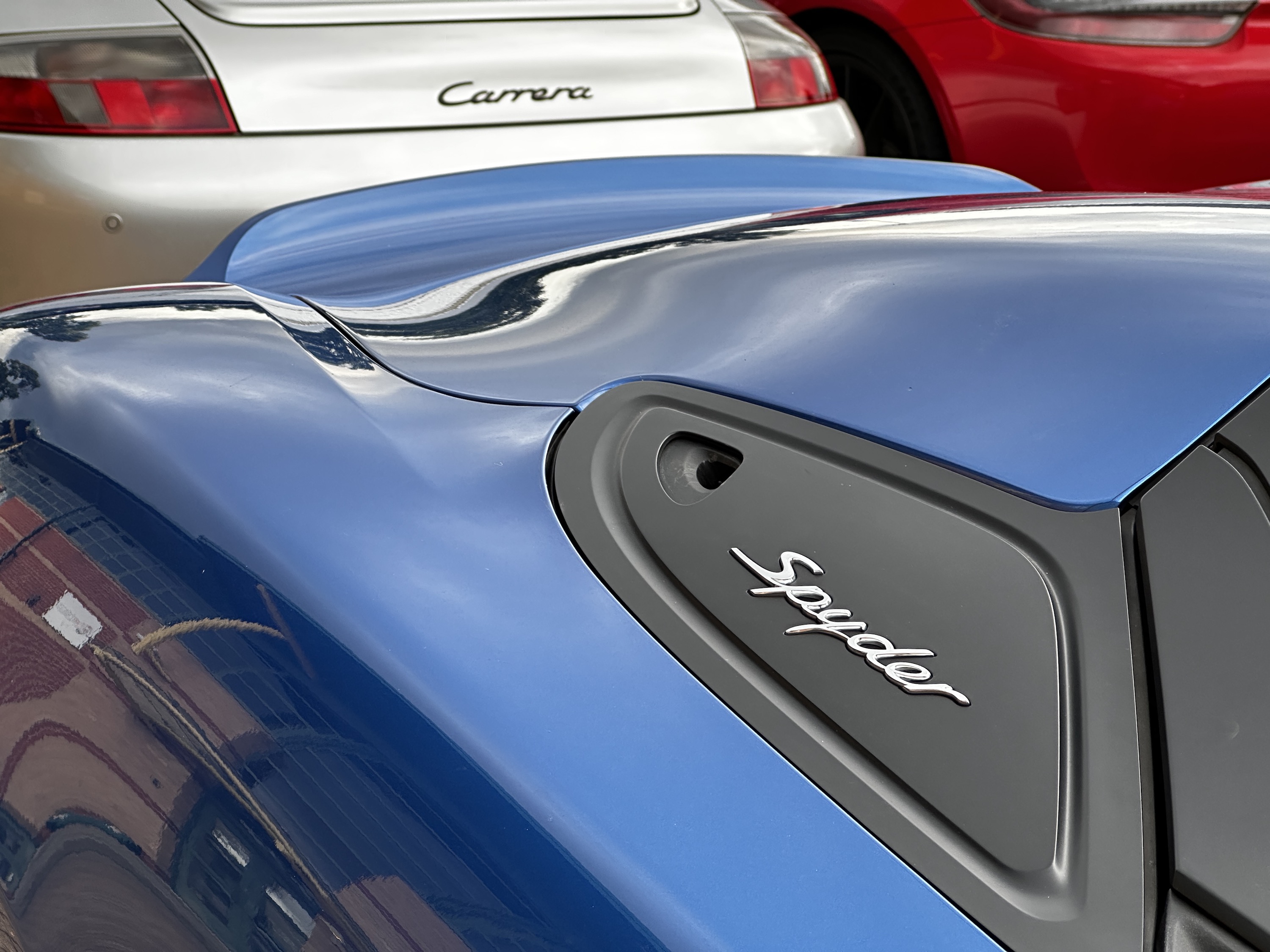

My iPhone 14 Pro and its camera have been with me for almost a year now, but as I looked for photos to share in this retrospective about the camera’s ability, it became clear I hadn’t used it to capture many truly important moments.
It struck me as odd. After all, it’s a good camera, and the results when I do use it are often superb. Plus, I’ve loved iPhone cameras in the past, so why don’t I always reach for it every time I want to take a great photo? I think I’ve finally figured out the reasons why.
When the iPhone 14 Pro gets it right
When I take photos of products for articles on Digital Trends, I usually use a normal camera, but there are times when it’s inconvenient, and the phone I reach for is the iPhone 14 Pro in these situations. There are several reasons for this, including how accurate and simple is is to edit the Portrait mode and how quick AirDrop makes it to transfer the resulting photos to my Mac mini.
Want some examples? The device photos for my OnePlus 11 and Nothing Phone 2 camera comparison, these shots of the Galaxy Z Fold 4, Galaxy Z Fold 5, and Galaxy Z Flip 5, some shots of watches like the Garmin Epix Pro (Gen 2), most of the photos of the Motorola Razr 40’s lock screen, and even the multitasking photo in my review of the Samsung Galaxy Z Fold 5 were all taken with the iPhone 14 Pro.
The thing is, I chose the iPhone more because of its convenience than any belief it would always take a stunning photo. They all required editing both on the phone and in the Photos app on my Mac to get them looking right to my eyes. And while I’m really pleased with the results and obviously consider them more than good enough for publication, I’m sure I’d get better results with other smartphones, but then I’d have to fiddle around with less intuitive editing and more annoying transfers.
Photos in the real world can disappoint
If I grab my iPhone 14 Pro to take photos for work, why do I not always use it to take photos in everyday life? It’s a good question, as on a technical level, the iPhone’s camera is amazing — from its lack of noise, great white balance, and accurate color reproduction to its versatility and reliability for editing and transfer. But when I look through many of the photos I do take with it, the problem is often right there slapping me in the face.
If Samsung’s Achilles’ heel is oversaturation, then the iPhone’s fault is making photos too dark. The iPhone 14 Pro takes photos with such strong contrast levels and such poor exposure management that many images are too shadowy and dark for my tastes. Detail gets lost, and photos can end up appearing so much moodier than the real-life environment, robbing them of atmosphere and accuracy. Sure, you can change aspects through editing, but the damage has already been done, and the photo never quite reaches its potential.
This doesn’t always affect photos, however, and software updates have made the camera perform better over time. In some situations, the iPhone 14 Pro really is all the camera you need. I decided to use it when I went along to a car meet and was very happy with the images it took in the early evening light. It did so with very little fuss, so all I had to think about was composition. In a way, it’s the same reason I like the iPhone 14 Pro for work shots — it’s all just so easy. But easy isn’t enough if I’m not beguiled by the results.
The competition has gotten a lot better

Could my apathy also be due to other competing smartphone cameras improving a lot over the past few years? And that they now provide more exciting and useful camera features than the iPhone? I’m spoiled in that I get to try so many competing camera phones out, and will often turn to the Samsung Galaxy S23 Ultra for its versatile 10x optical zoom or the Google Pixel 7 Pro for its technical prowess and ability to take a stunning photo in almost any situation.
The iPhone 14 Pro can’t compete with the 10x optical zoom, and although the 3x zoom mode does take great photos, it’s just not as consistent as the Pixel 7 Pro. Google’s software features in Google Photos and on the Pixel itself are more useful to me than Apple’s camera features too. I don’t take much video and have never touched Cinematic mode outside of review purposes. I realize others may get some use from it, but I wouldn’t even notice if it suddenly disappeared from my phone. If Cinematic mode is the iPhone’s “big” unique feature, its appeal is lost on me.

When I used the Google Pixel Fold recently, I took a few photos with both it and the iPhone 14 Pro back-to-back, and they were the most recent ones to make me question the iPhone’s appeal. The difference between them is obvious, and I’d share the photos taken with the Pixel over the iPhone.
The iPhone 14 Pro’s photos aren’t bad, they’re just not as good as I think they should be. And, worryingly, we’ve proven this trend in several back-to-back camera tests, with the Samsung Galaxy S23 Ultra and even the standard Galaxy S23 beating the iPhone 14 Pro.
The iPhone 14 Pro camera has lost its charm

The iPhone 12 Pro was absolutely my go-to camera phone, but I never enjoyed the iPhone 13 Pro camera in quite the same way. I wondered if I’d just gotten out of the habit of constantly using it and that my confused feelings about the iPhone 14 Pro had been influenced by my disappointment in the 13 Pro.
This isn’t the case, and I think I’ve worked out what it is that’s stopping me from loving the iPhone 14 Pro’s camera. It has lost some of its character and charm, something that was evident in the switch between the iPhone 12 Pro and 13 Pro, and its photos suffer because of it. A camera needs character, and while the iPhone 14 Pro is great at taking technical, clinical photos of products I use for work, it’s not always very good at capturing the real world around me in an instant, beautiful way anymore.
For the iPhone 15 Pro, I’d love to see some of that missing charm return, a zoom to compete with Samsung, and to have an all-around more consistent camera that I want to use in my everyday life — not just for photos of phones and watches. The iPhone 14 Pro is very good at taking them, but it used to be very good at everything else too. For the coming year, I’d like the iPhone to be my go-to camera again, and I hope the iPhone 15 Pro will deliver.
